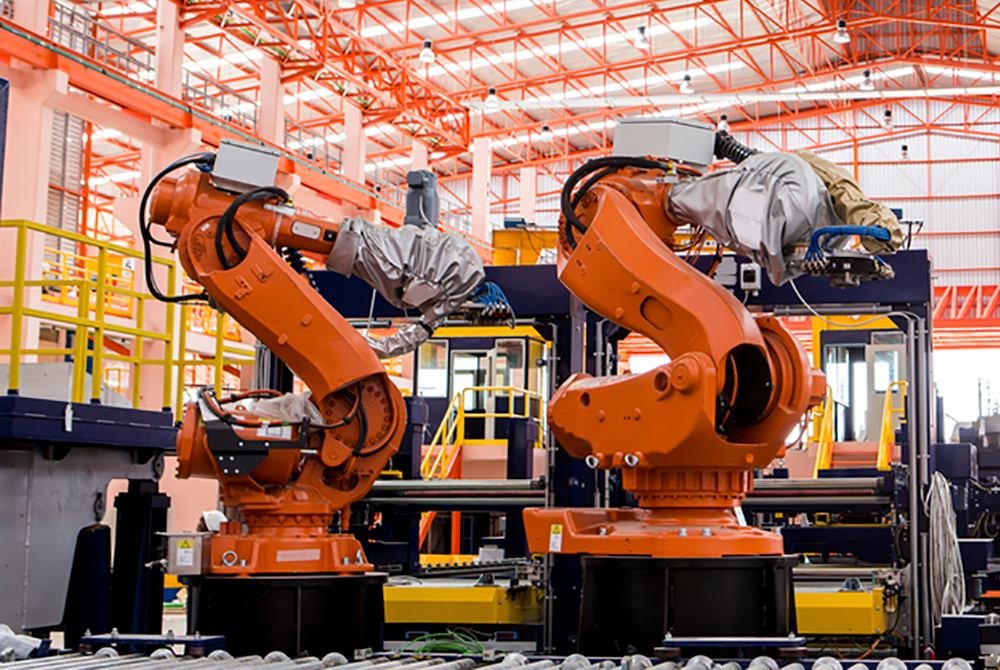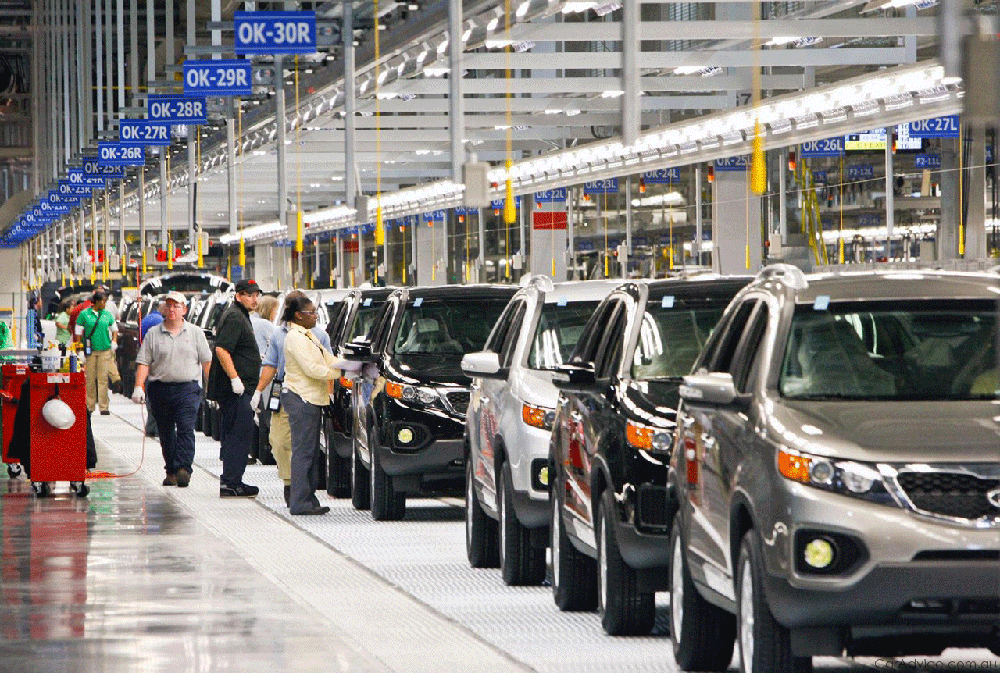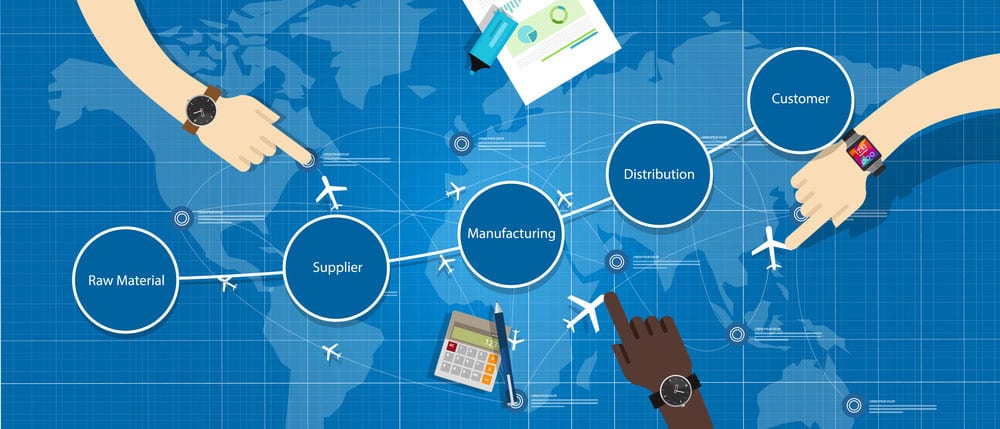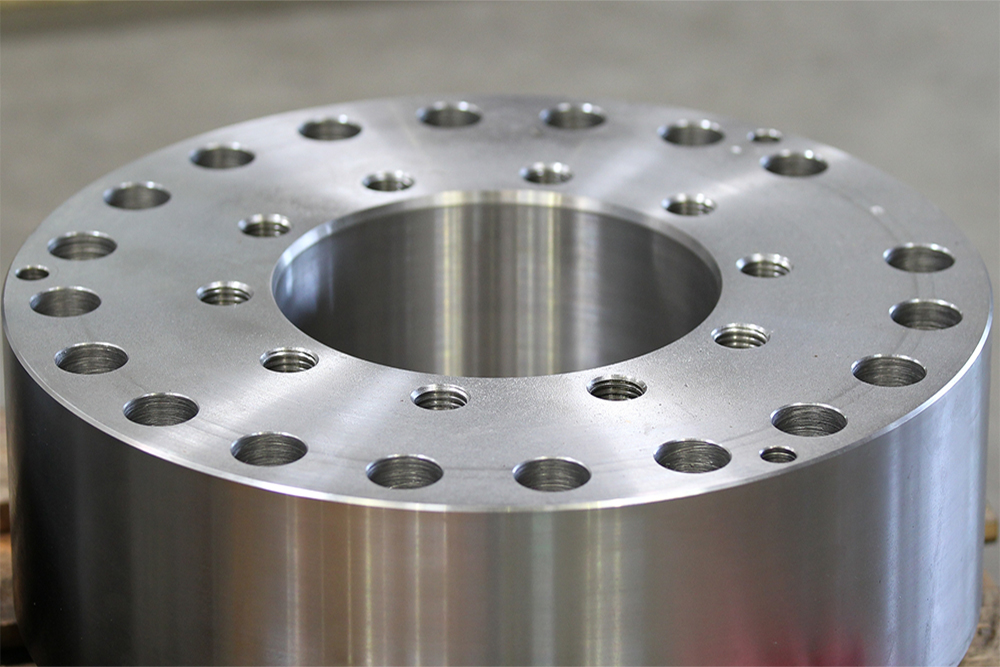Integrated ERP vs best of breed – what’s best for engineering or manufacturing companies?

In this blog, we’ll take a look at what each of these terms really mean and which might offer the best solution for manufacturing and engineers looking to make a decision on an integrated ERP vs best of breed.
Integrated ERP
Put simply, an integrated ERP system is a single software application that is used across multiple departments within your company to simplify and streamline your business processes. By using a common technology platform and database throughout the company, your business can integrate departmental activities and achieve a range of cost, operational and productivity benefits.
An integrated ERP pulls information from each key business function, ie order processing, production control and finance, to provide your management team with clear visibility of what’s happening across the whole of your business. This allows you to make informed decisions and take any necessary action immediately.
Traditionally, integrated ERP systems were used by large corporations and multi-nationals due to their high price tag. These systems often evolved from financial or accounting software and were very generic by nature, meaning they required significant customisation for each company and/or industry. With significant customisation comes the issues of additional costs, extended implementation time and increased complexity of implementation – all the standard arguments against integrated ERP systems that we hear regularly.
But let’s park that for a moment whilst we look at the other option in the integrated ERP vs best of breed debate.
Best of Breed
The idea of taking multiple ‘best of breed’ software applications and bringing them together to create the ultimate business processing system is fantastic – in concept anyway. It should be simple – identify the best CRM, MRP, Purchasing, Finance, Quality Control, Warehouse Management systems (and maybe some extras – Scheduling software, HR, etc) and connect them together to form the dream team. In reality, bringing multiple systems together is fraught with difficulties such as data transfer, different interfaces and multiple vendors.
What we’ve noticed actually happens in this situation is that a company might select one key system to cover most of their processes and then add on a few supplementary systems for specific activities. This is a much more workable solution than the above but still retains some of the same issues.
Each best of breed application is most likely to only cover 20-30% of your processes (and some specialised applications may cover as little as 5%!) The beauty of these applications is that they are very focused and specific to the functions they cover, ie CRM, hence the reason they do such a good job in that area. If one of these systems is used as the core of a wider faux-ERP, there’s a good chance it’s being spread too thin and won’t offer quality functionality across other departments of your business.
So, there seems to be issues whatever choice you make in your integrated ERP vs best of breed decision. But could there be another way?
Niche ERP systems – can these resolve the integrated ERP vs best of breed debate?
Choosing an ERP system such as those we referred to above is often not an option for manufacturing or engineering SMEs. High costs for customisation – and even with this, you may still need to adapt your processes to fit these systems, – long and complex implementations and the emphasis on the financial functionality of the ERP (that’s great for helping you count your money but not so much at helping you make it!) mean that these companies are often swayed towards best of breed solutions.
However, a rise in the number of niche or industry-specific ERP systems means that an integrated ERP system can work – and work very well – for an SME. For example, E-Max ERP is specifically designed for manufacturing and engineering SMEs. ERP software developed for a particular market – niche ERP systems – usually contain all the features required to manage the critical functions of that industry or sector, i.e. an ERP system that specialises in manufacturing and engineering should take you from initial enquiry through all the stages of the order right through to the final invoice. This would include CRM, quotes, order processing, bill of material (BOM), works orders, MRP, scheduling and capacity planning, quality management and finance. A more generic ERP wouldn’t necessarily have all this functionality nor such comprehensive MRP features and would need to be customised for each client.
One of the biggest arguments against an integrated ERP is that of customisation. Take that out of the equation with a niche ERP system that’s already 80% of the way to meeting your requirements. If, as is the case with E-Max ERP and (we assume) other niche ERP software, the remaining 20% can be quickly and easily tailored for your outstanding needs, then ERP becomes a clear winner in this debate over integrated ERP or best of breed software.
Maintaining one system can be challenging enough – maintaining 3 or more systems could become the stuff of nightmares! With a niche ERP, your data is in one place, you’ve reduced duplication, minimised errors and become significantly more efficient. Why face data transfer issues between different systems, disagreements between multiple vendors playing the blame game and multiple user interfaces – all potential major disruptions to you and your team’s ability to do the job.
If the above is ringing bells with you and you’d like more information on E-Max ERP, then take a look at our website, contact us on 0141 644 4424 or drop us an email. You can also have a free demo with us to see our software in action.
If you’ve enjoyed this article, why not register to receive our monthly update on the latest industry and ERP trends. Over the next few weeks, we’ll be looking at topics like using ERP for ISO accreditation, the importance of MRP in Production Control and whether ERP is the new crystal ball?













